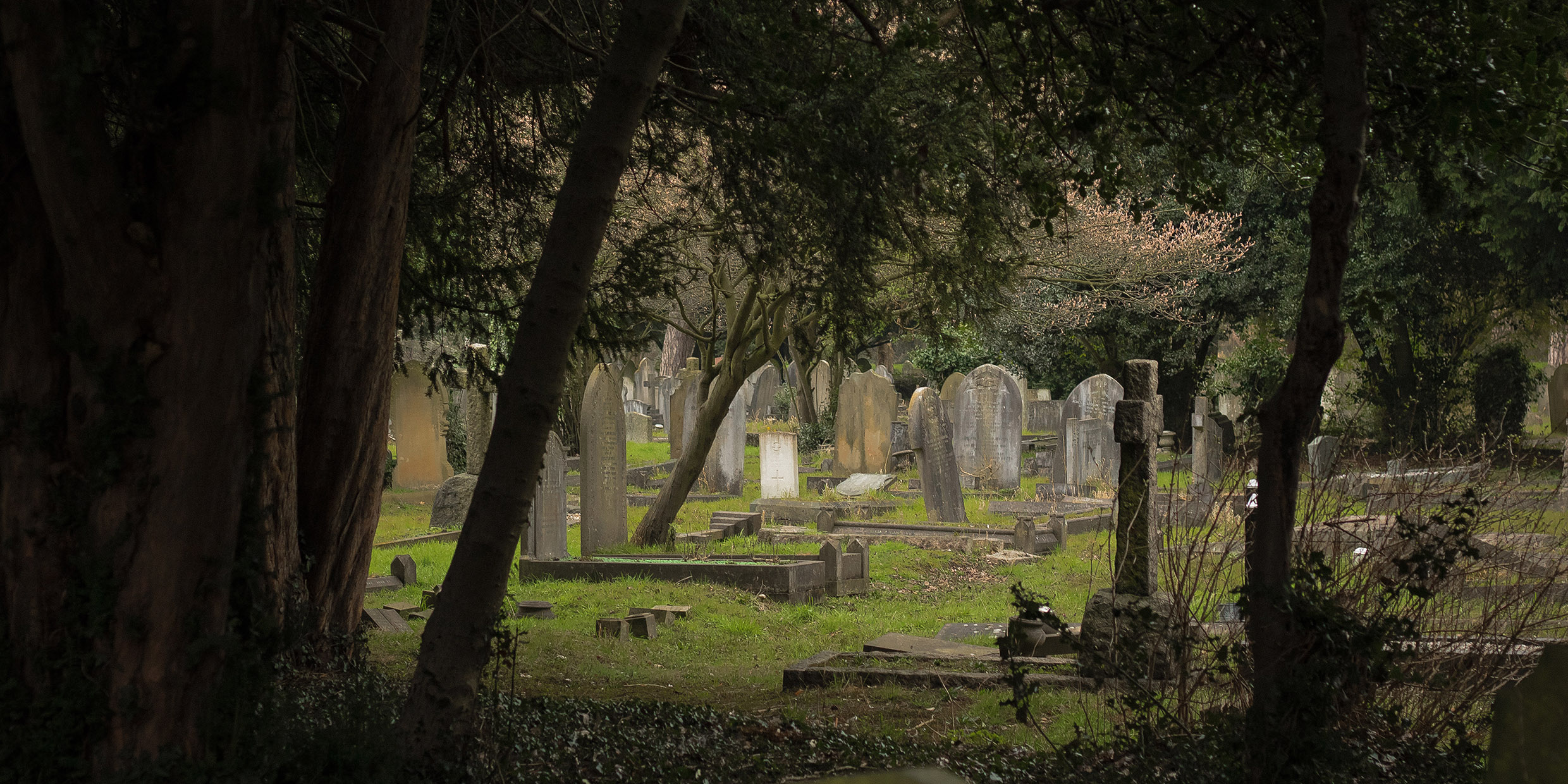Originally published 7 November 1988
Why do we die? I’m not talking about death by accident, murder, war, or disease, but the inevitable senescence that comes to us all, the catastrophic decline into old age and death that no amount of care, wealth, or connivance can delay. A lucky mayfly might survive for as long as four weeks, a turtle can live for 150 years, and a human being for a century — but when your number comes, the time is up.
Why aren’t we immortal?
The question is not altogether frivolous. There is at least one good reason to wonder why we live for so short a time. Evolution should favor long life spans. The longer an animal lives the more offspring it is likely to produce (assuming no decline in reproductive capacity), and therefore the greater the chance that its genes will spread throughout a population. In Darwinian terms, the reproductively-active immortal organism should be the fittest of all.
But it’s not that simple. The aging and death of individuals may confer subtle adaptive advantages to a species. Also, an animal is unlikely to produce offspring at an advanced age simply because few animals live that long. Within most animal populations, predators drastically reduce the number of survivors before senescence takes its toll. Among certain wild birds, for example, only a tiny fraction of the population survives until old age. A gene which causes senescence in birds will not be strongly selected against because the number of birds that reach old age is negligible.
The situation is rather different for human beings. Within the developed countries, especially, human beings are increasing likely to die of old age rather than by violence or premature disease. In the lingo of the biologist, the survival curve for humans is becoming ever more “rectangular” — the percentage of survivors remains fairly constant with age until about age 70 and them plummets precipitously.
Why die?
But what causes the rapid decline at three score and ten? Is the aging process triggered by genes? Or do cells in the body simply wear out by accumulating an unsupportable number of defects or waste products? At a International Genetics Congress in Toronto, Olivia Pereira-Smith of Baylor College of Medicine in Houston reported data suggesting that genes do indeed cause aging and death. The work is described in the Oct. 7th [1988] issue of the journal Science.
Pereira-Smith and her colleagues studied laboratory cultures of human cells (colonies of cells grown in a nutrient medium). Normal cell cultures become senescent and die after a certain fixed number of doublings. But gene mutations can lead to exceptions. Certain immortalized cell lines — cancerous cells, for example — will continue to divide forever.
By performing hybridization experiments on 26 immortalized cell lines, the Baylor group amassed evidence to suggest that as few as four genes might be responsible for senescence in normal cells. The group is now trying to identify the genes.
It’s a long way from studying cell cultures in laboratory flasks to understanding entire organisms. Nevertheless, the report of the Baylor researchers inspires a bit of wide-eyed speculation. Biologists have acquired the ability to modify genes. Might it be possible someday to engineer a strain of humans who are not programmed for aging and death? Is immortality an option, not for us but for that future race of Homo aeternus?
Tinkering with the clock
Senescence in humans is a complicated mix of subtle and obvious changes, none of which scientists yet fully understand. But if aging and death are programmed by genes, then I wouldn’t bet against the possibility that extravagantly long lifetimes can be engineered. Geneticists will certainly learn to tinker with the biological clock that ticks inexorably in every cell, and maybe — just maybe — postpone the alarm that announces decay and death.
The personal and social implications of immortality are staggering. If overpopulation is already a problem, what will happen in a world where individual human beings can live forever — assuming, of course, that they stay out of the way of germs, bullets, speeding automobiles, and other external threats to life?
And would we want to live forever if we had the choice? Do we really envy Methuselah? Can you imagine a love affair lasting 900 years? Or 900 years of presidential debates? The Hyperboreans of Greek myth lived for a thousand years, free of ills, in a land of eternal sunshine beyond the north wind; they leaped into the sea like lemmings to escape boredom.
It is scary to contemplate what immortality might mean for the human species. I asked a friend if he would want to discover the Fountain of Youth; no, he said, but he wouldn’t mind discovering the Fountain of Middle Age. For myself, I suspect that longer lifetimes would bring more grief than bliss. Natural selection had millions of years to perfect the cellular apparatus of life, presumably to the advantage of our species. I doubt if the Ponce de Leons of genetic science will improve upon Mother Nature’s plan.



